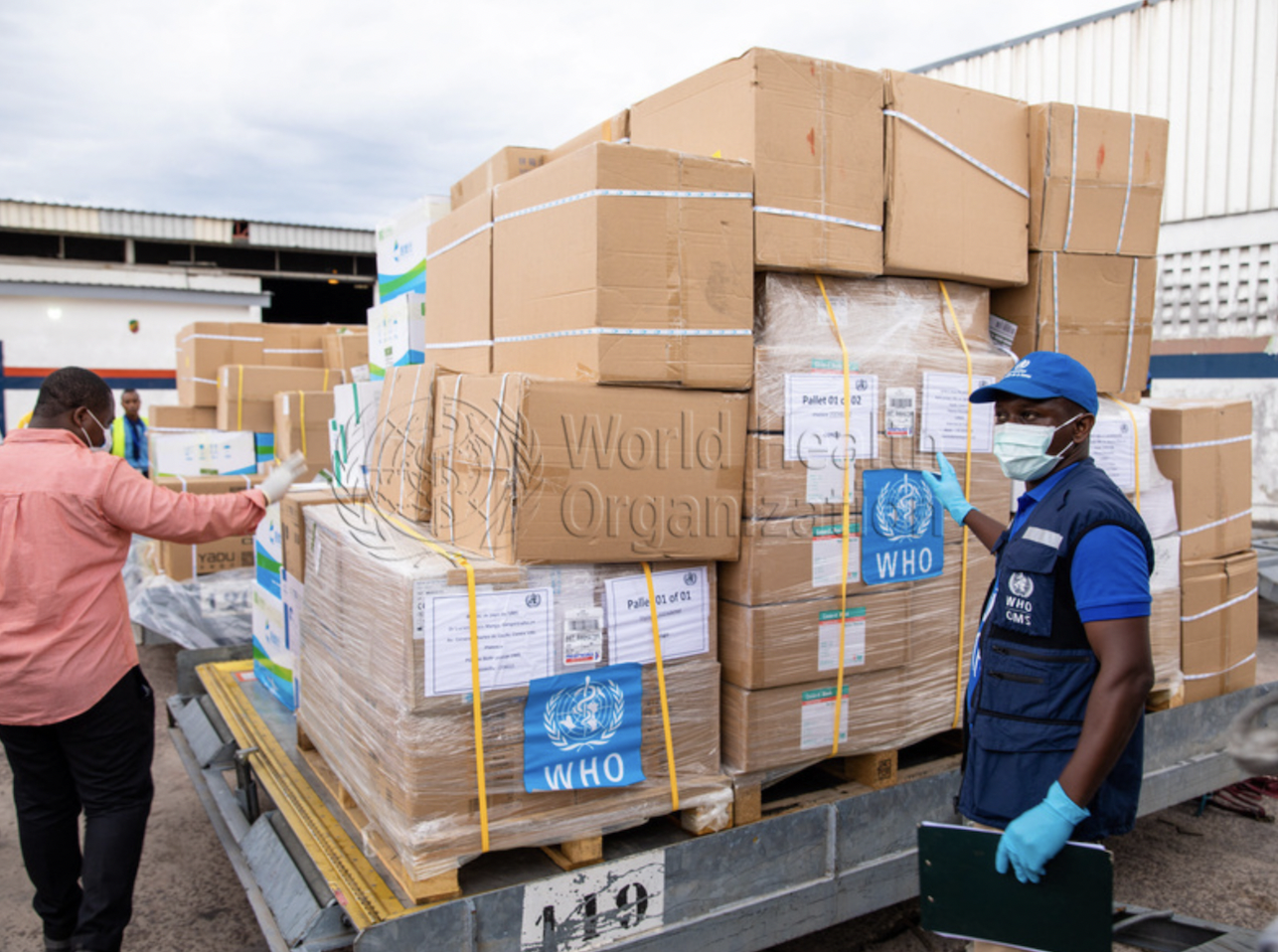The blog explores the role of the Advance UHC initiative, initiated by Australia and the World Bank in 2015, in supporting Southeast Asian and Pacific countries to build resilient health systems. The initiative addresses the impact of COVID-19 on public spending on health, emphasizes the significance of primary health care (PHC) for UHC and emergency-ready health systems, and stresses the need to address gender equality, disability, and social inclusion in achieving UHC. Lastly, the blog underscores the importance of forging stronger partnerships to expand UHC, especially in the face of challenges such as healthcare inequality, vulnerability to climate change, and the rise in non-communicable diseases (NCDs) in the East Asia and Pacific region.
The value of partnerships for Advancing Universal Health Coverage
Over half the global population lacks essential health coverage, leading to financial hardships for 2 billion people. Advance UHC, spearheaded by Australia and the World Bank, aims to tackle this issue by building robust health systems, prioritising primary care, and promoting gender equality through strategic partnerships.
The World Bank’s blog, featured in the “East Asia and Pacific on the Rise” section, delves into the critical importance of achieving universal health coverage (UHC) as outlined in the Sustainable Development Goals (SDG). The blog emphasizes the need to accelerate progress towards UHC to ensure access to quality health services without financial hardship. It highlights the challenges identified in the recent Tracking Universal Health Coverage: 2023 Global Monitoring Report, pointing out that more than half of the global population lacks coverage for essential health services, and 2 billion people face financial hardship due to high out-of-pocket health spending.

